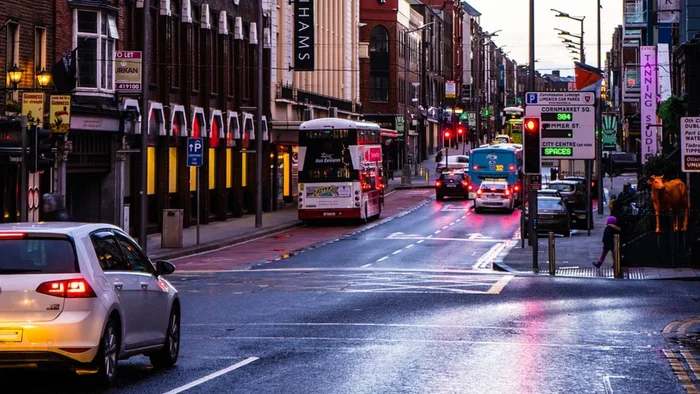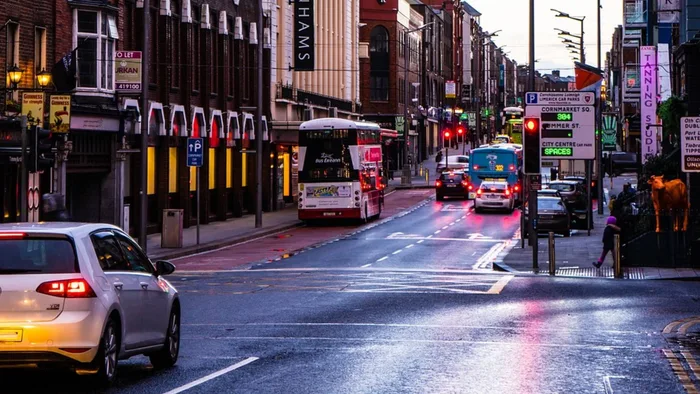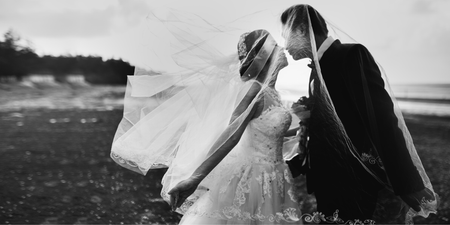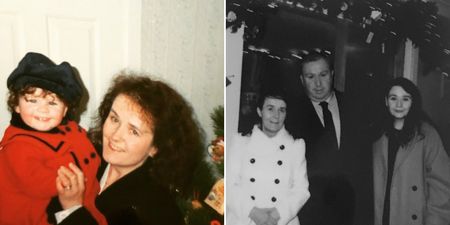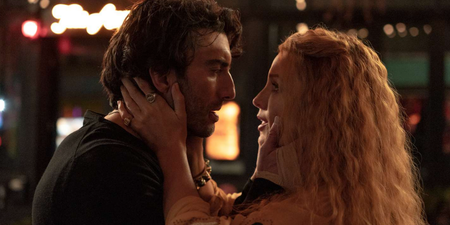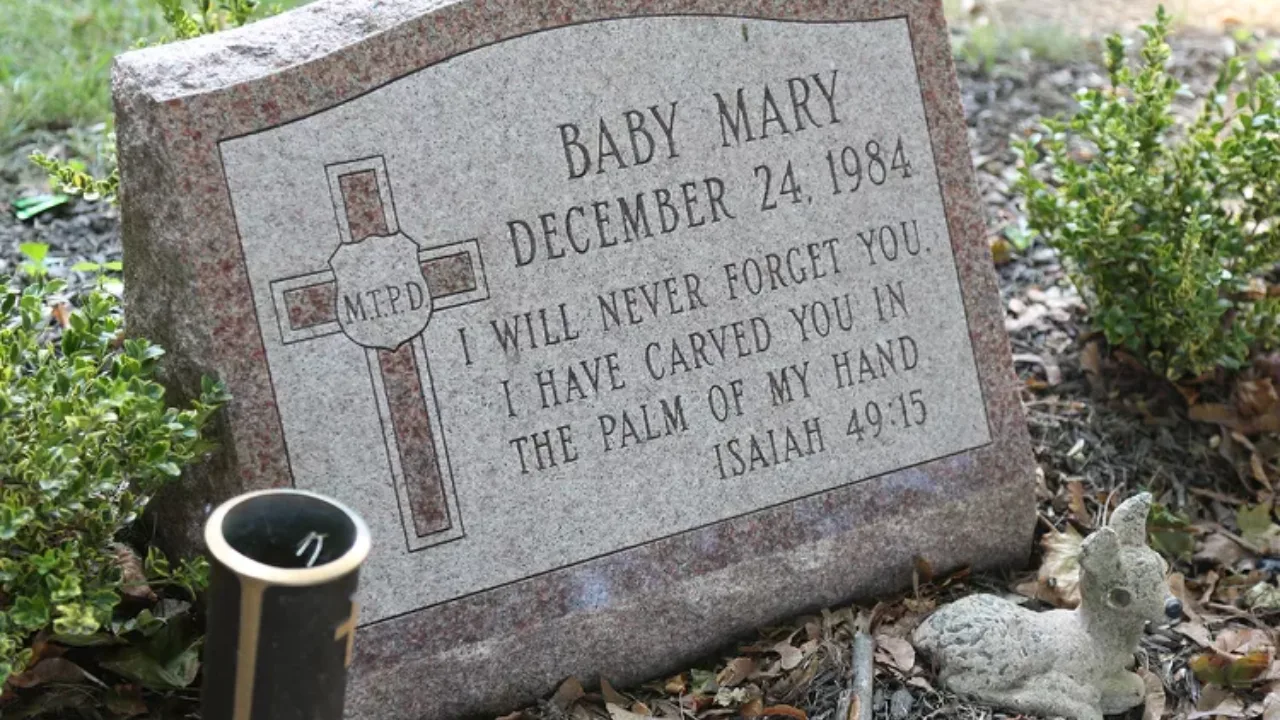“We’ve got no one to ask, no one knows where we fall.”
The first wedding Michelle McDermott lost was in March of last year, and since then she hasn’t had any business. In fact, Limerick’s Dream Irish Wedding planner has been waking up most days expecting another bleak email from yet another jaded couple.
Since last year, some people have cancelled their weddings, most have postponed, and others have yet to decide what they want to do. With a vast majority international clients, Michelle says the issue isn’t pushing back her events, it’s the the consistent not knowing.
“Some couples have moved twice and three times now, and suddenly here we are again,” she tells Her. “People are working with two guest lists, a Plan A and Plan B, without any guidance of what they’ll be able to do.
“There’s 21,000 couples in jeopardy and nobody knows their hand from their heel. There’s been no information. Planners have been left hanging, there’s been no appreciation of what we do and the impact our work has. The wedding industry is worth €2.3 billion to the Irish economy and most of us haven’t worked in a year.”

Earlier this week, a group of Ireland’s top wedding planners came together to demand the government give them clarity – for their clients, but also for themselves.
Wedding planners may have not been planning weddings this past year, but they’ve still been inordinately busy – calming brides, liaising with grooms, and putting out fires. With each postponement comes the re-contracts, the re-checking of venue availability, the re-booking of suppliers. “On it goes, the third time, the fourth time,” says Michelle.
“Couples really are at the end of their tether. It puts a lot of pressure on their relationship. You do wonder if they are ever going to get married, it might never happen with the costs and the stresses. It’s such a minefield.
“Planners are involved in every aspect of the wedding, you hear every cry, see every tear. You’re there to pick up the pieces.”
Tara Fay of Tara Fay Events has picked up a lot of them. Able to put on a few domestic weddings last year, the Dublin-based wedding planner has primarily found herself hosting Instagram Lives, replying to panicked DMs, and more recently emailing TDs and Senators looking for some clarity on when – and how – the industry can become operational again.
“We’ve been working but we’re not working,” she says. “I’ve always said that being a wedding planner is like walking on a tight rope in six-inch heels blindfolded juggling balls of fire. The difference is that now, your hands are tied too.”
https://www.instagram.com/p/CEjejBOnrfZ/
Eager for some answers, Tara contacted the Department of Tourism, Sport and Culture only to be told that weddings do not fall under that category. Directed to the Department of Enterprise, Trade and Employment, she was told that weddings don’t fall under their jurisdiction either and that she should go back to the Department of Tourism.
“It’s frustrating,” she says. “Aside from my own clients I have other people in the industry calling me and suppliers contacting me on Instagram. I’m out of answers. I have nothing to give you. I reply to everyone but I can’t fix something out of my control. We’ve got no one to ask, no one knows where we fall.”
Elsewhere, other countries have moved to support wedding industries, providing grants and clarification amidst the chaos. Last month, Scotland announced a £25 million support fund for the industry and its suppliers. They have also set up a ‘wedding task force’ within the country’s three enterprise agencies, while event planners continue to lobby for a specialised hospitality minister.
“The industry is so diverse, people tend to forget that,” says Tara. “In one marquee you might have 20 to 50 different suppliers and companies between the food, the entertainment, the make up, the hair, the flowers…
“Our industry is seen as nice and pretty and fluffy, but because of that we’re not seen. I could be incorrect but I think we’re often looked down on in the events industry in Ireland. You don’t get a degree in enterprise to become a wedding planner.”

Ireland’s wedding planners are hoping for clarification from the government on where they stand by the end of February. 2020 was lost, they say, but they are hopeful that 2021 will be at least somewhat viable.
Michelle points to New York City as a prime example of a State enabling weddings safely and with clear guidance. Last week, Governor Andrew Cuomo announced that weddings of up to 150 people will be permitted to take place in the State with rapid testing in place for all guests and attendees. “We could do it here too,” says Michelle, “but the idea probably hasn’t even been considered.”
“Clients of mine coming from the States to get married in Ireland are now deciding to just go back and marry in New York instead,” she says. “There’s so much uncertainty and they just can’t hang around any more. They’re forgetting about Ireland, we’re so behind. They’re looking at the news and they’re thinking, is it worth it?”
Wedding planners say the industry is in crisis. And yet amidst the frustration and anger there remains an acceptance of the current state of Ireland’s Covid-19 cases, and an understanding as to why international couples may need to go ahead and wed elsewhere.
“To Irish couples, I say hang in there. We can make plans, do the homework and have options,” says Michelle. “I do understand when couples want to cancel, but if they want to hold on I will hold their hands to the bitter end.”














